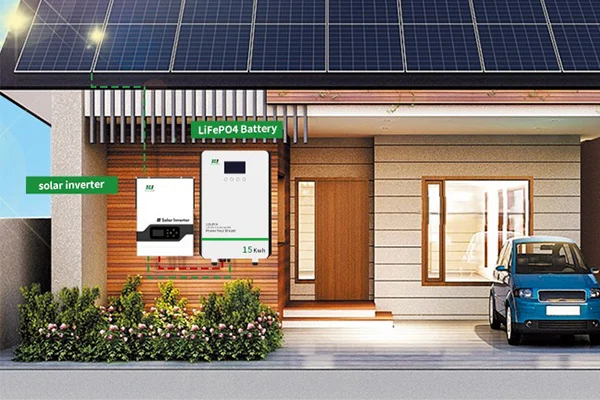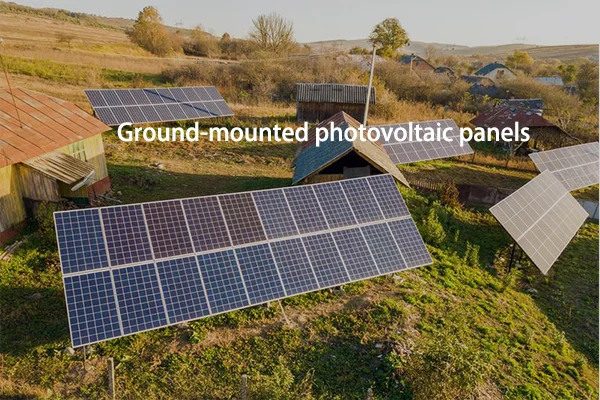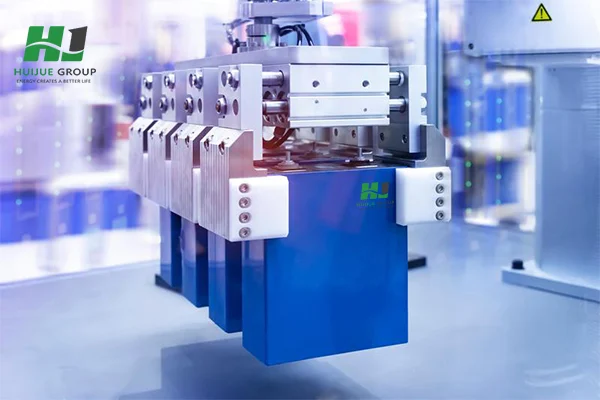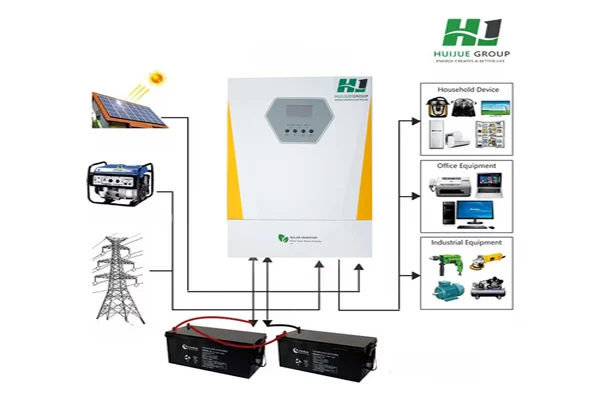The debate about Solid State batteries and lithium-ion technologies is increasingly important, especially as new battery technologies push the limits of energy storage. Both types of batteries have unique capabilities and applications, from electric vehicles to portable electronics. But what makes it different?
First understand what solid state batteries are
The operating principle of solid state batteries is based on the movement of lithium ions through a solid electrolyte. When a battery is charged, lithium ions are separated from the anode and introduced into the cathode through a solid electrolyte. When charging, the opposite happens, lithium ions move from the cathode to the anode. This battery technology prefers to combine a lithium metal cathode with a high voltage anode to improve energy efficiency and safety.
The advantages of solid-state batteries include non-flammability, high temperature resistance, non-corrosion and non-volatility, properties that make them excellent in terms of safety. In addition, solid-state batteries have high ionic conductivity and low electronic conductivity, which helps reduce internal battery resistance and extend battery life.

Once we understand solid state batteries and lithium batteries, there will be questions about what is the difference between them, which we will explain below
Solid State Battery vs Lithium Ion: What’s the Core Difference?
The key to the difference is the electrolyte. Lithium-ion batteries use a liquid electrolyte containing lithium salts in an organic metal to allow lithium ions to flow between the anode and cathode. In contrast, solid-state batteries use electrolytes such as chromium and sulfide to improve energy density and safety.
- Energy density: Solid state batteries have a very high energy density, with a capacity of up to 400 Wh/kg, while lithium-ion batteries are around 250 Wh/kg. This means that solid state batteries can store more energy in a smaller and lighter package.
- Safety: Good batteries produce less heat and light because they do not have flammable liquid, making them the best choice, especially for electric cars and high energy storage.
Performance Comparison
- Fast charging: Because they are electrolytic, ion exchange batteries are faster than ion batteries and charge faster. Imagine an electric car battery that can be charged to 80% capacity in 15 minutes, this is the promise of ground breaking technology.
- Cycle life: While solid state batteries have struggled with life (number of charge/discharge cycles), progress is being made with lithium-ion technology, which has a much longer life span the fact that the design is mature.
- Thermal stability: Thermal batteries have a higher thermal threshold and can operate safely at higher temperatures, but lithium-ion batteries are more susceptible to overheating and are subject to thermal runaway, it is dangerous to overheat.
Cost and Commercialization Challenges
- Currently, solid state batteries are expensive to manufacture due to the complex manufacturing process required to create a powerful battery. In addition, maintaining a strong contact between the electrolyte and the electrode poses a technical challenge, leading to high-quality production.
- Lithium-ion batteries, benefit from a mature design, making them cheap and versatile. However, as R&D spending increases, we can see semiconductor technology reach a plateau in the coming years, especially as electric vehicles and the electronics industry demand high-performance batteries.
Applications and Market Adoption
- Electric vehicles:Solid state batteries are very attractive in the electric vehicle market due to their long-lasting power, fast charging and improved safety. Companies such as Toyota and BMW have invested heavily in the technology and see it as the next step in battery car development.
- Consumer electronics: In large and heavy devices (such as mobile phones), high-capacity batteries can be used, providing more power in the design. Imagine a mobile phone that works twice as long without the size - m-state can do it.
- Renewable energy storage: Solid-state batteries are durable and reliable, making them ideal for renewable energy. Long-term storage, stability and safety are important.





